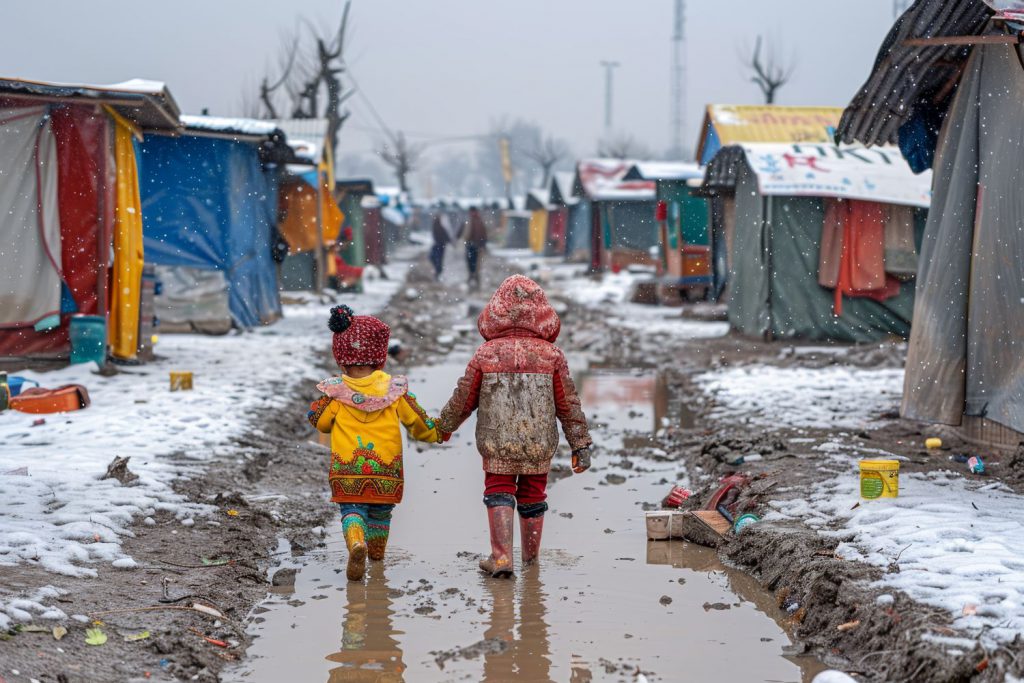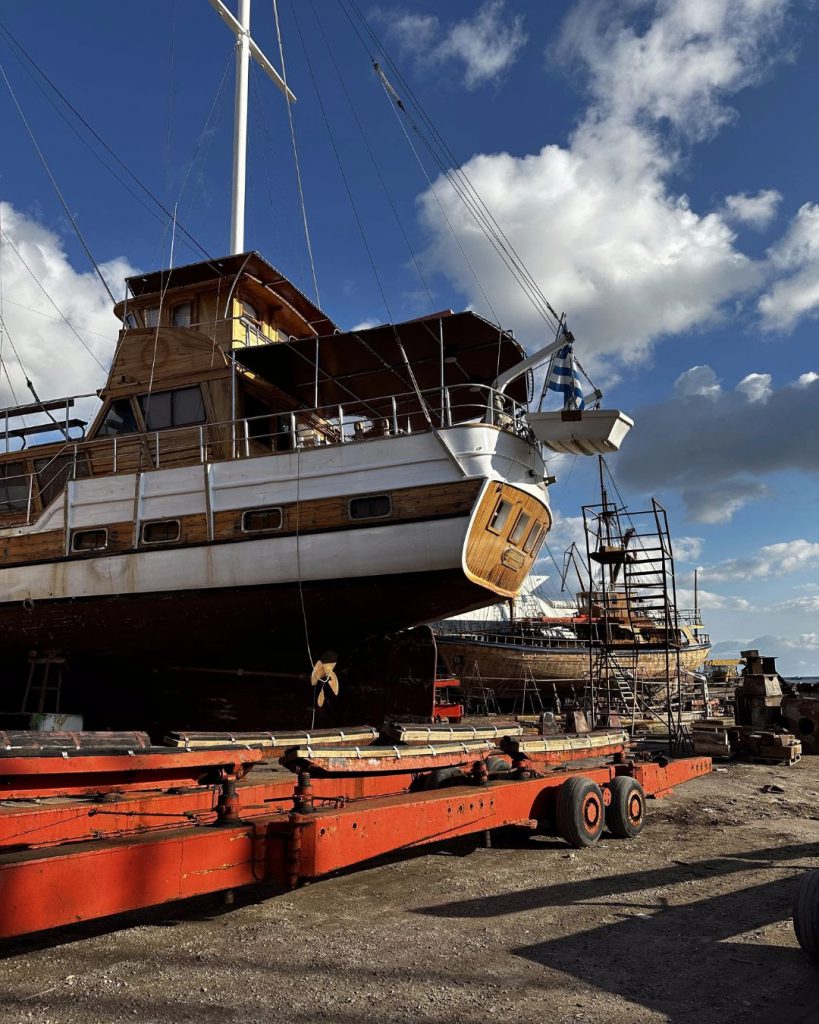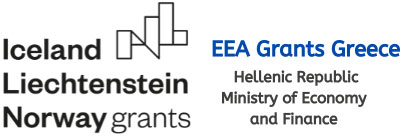
In the heart of winter, EEA Grants Greece celebrate the warmth of togetherness.
As the current EEA Grants funding period comes to a close, we celebrate the journey, the actions, and the meaningful results. We share this joy—a joy born not just from measurable outcomes and indicators, but from the lives these projects have touched: vulnerable groups, dedicated scientists, public service employees, and artisans breathing life into forgotten crafts, treasures of our cultural heritage.
Above all, we celebrate collaboration—the virtue that always safeguards our shared humanity.
The National Focal Point Team
#WeCanBecomeMore
Asylum and Migration: Capacity building of national asylum and migration management systems
The programme breathed new life into vulnerable groups, young women, children, and professionals in the field (social workers, psychologists, nurses, childcare providers, administrative staff, and legal experts). It also revitalized the services themselves, empowering staff to enhance and showcase their skills through the use of modern technological tools, educational initiatives, and the exchange of knowledge with donor countries.

On February 12th and 13th, the project will celebrate its completion by bringing together key stakeholders from every aspect of its implementation: representatives from the Norwegian government and embassy, the Financial Mechanism Office (FMO), Greek political leadership, government agencies, and those who have worked with or for unaccompanied minors, young mothers with infants, and migrant children attending Greek schools. The first day is dedicated to an “internal” discussion between the Program Manager, Service for the Management of European and Development Programs of the Ministry
of Citizen Protection, representatives from the Funding Mechanism Office, and the National Contact Point. In this context, there will be a presentation of the projects that were implemented, and we will have a conversation about the experience we co- created and the lessons we learned, looking ahead to the next funding period of the Grants.
The second day is a true celebration—an inspiring event that brings to life the methodical planning, seamless organization, and vibrant ideas of everyone involved. It highlights the values shared by the Services (NFP and implementing entities) through this program and its projects, both in Greece and across Europe, with the invaluable support of partners from the donor countries. The day will be filled with heartfelt speeches from representatives of Greece and Norway, touching stories from beneficiaries, and an open exchange of experiences. We will close this special day on a warm and joyful note, celebrating with the First Athens Intercultural Junior High School choir. This unique school is home to students from 25 countries—refugees, children from shelters, and children of migrant backgrounds. We’ll have the pleasure of listening to them perform four beautiful songs about migration, reminding us all of the power of music to bring people together.
Wooden boatbuilding heritage and entrepreneurship: A constructive dialogue between Greece and Norway
The boatbuilder places a small box inside the boat, holding its soul. It has a soul, it feels pain. It’s alive, and with it, you feel the pain too. You become one with it—you are absorbed into it, and it becomes a part of you. Only then can you truly work together. It’s that little box with its soul inside.”
Wooden boats are an inseparable part of Europe’s landscape and cultural heritage, officially recognized in the National Inventories of Intangible Cultural Heritage in both Greece and Norway. With deep-rooted traditions in wooden boatbuilding, Greece and Norway are today two of the world’s leading maritime powers.

In Greece, the reduction of professional fishing licenses to protect fish stocks led to the unthinkable—offering subsidies for the destruction of traditional wooden fishing boats. “With every hull that is smashed, we lose something even more valuable—the knowledge of the master boatbuilders. They have no customers left, as plastic has replaced wood, which requires skill and maintenance. For centuries, our country’s seafaring relied on their capable hands. But now, it’s almost impossible to find a good craftsman, even for something as essential as caulking,” writes Margarita Pournara in Kathimerini.
The initiative “Wooden Boatbuilding Heritage and Entrepreneurship: A Constructive Dialogue between Greece and Norway” is a groundbreaking bilateral cultural project funded by the EEA Grants. Its goal was to promote cultural entrepreneurship and safeguard the traditional art of wooden boatbuilding in both countries. The project highlights the significance of wooden boatbuilding as a living and dynamic element of maritime heritage.
As part of the project, two workshops were held—one in Syros on December 12–14, 2024, and another in Norheimsund and Bergen on January 20–21, 2025. The workshops brought together boatbuilders, local community representatives, members of the maritime industry, and cultural heritage supporters, fostering an inspiring dialogue of shared knowledge and skills. The project celebrates its completion with a press conference on Friday, February 14, at the Norwegian Institute at Athens.

“Lars A. Oma, Hardanger Maritime Center”

